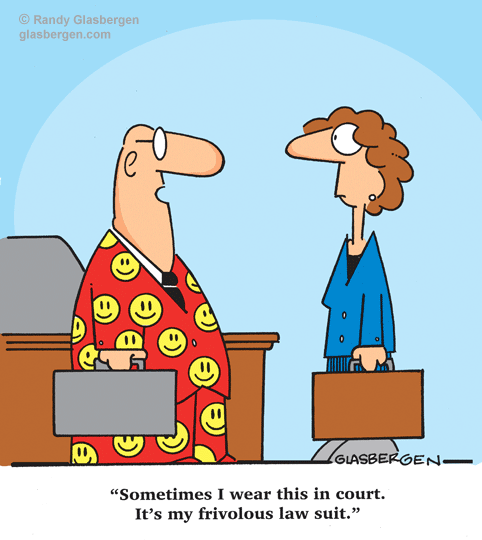“Siri, find me a lawyer”: four of the most frivolous lawsuits against tech companies

What would have happened if, back in 1992, Stella Liebeck had never sued McDonald’s? Some have argued that Liebeck’s case has set out a precedent which has led consumers to feel increasingly comfortable about suing companies for the most ridiculous reasons. Since 1992, all major corporations and conglomerates have received lawsuits at a rate inferior, only to email spam, of up to 15 Million civil cases, per annum across all 50 U.S. states.
While suing for the right of a chimpanzee to copyright a selfie, or seeking injury damages occurred while performing a burglary, are some amazing examples of an overly-litigious attitude, frivolous lawsuits in tech can be particularly entertaining, especially when the plaintiff’s case isn’t founded on a reasonable understanding of how technology works... or common sense.
November 2012: Microsoft Surface storage space dilemma
Microsoft Surface was the first touchscreen tablet PC, announced and available for preorder by Microsoft, on October 6, 2012.
One month later, plaintiff Andrew Sokolowski purchased a 32GB version of the Windows 8 tablet, and after a week of use, the 32GB of storage quickly ran out. Sokolowski’s argument, which sought class action status, was that he felt mislead by Microsoft, as he acted under the assumption that the 32GB of storage on the tablet did not take into account the space occupied by Windows 8.
The case was dismissed on grounds that Microsoft did clearly state that the 32GB Surface has 16GB of free space, and similarly, the 64GB version has 45GB of free storage.
This was not the first case over a misinterpretation of device storage, as Apple was regularly hit by lawsuit-happy consumers over the original 2008 MacBook Air, which came with 64GB of flash storage, of which only 38.29GB were actually available out of the box.
July 2009: “Apple made me do it”
Gregory McKenna of Beverly Hills, CA, filed a lawsuit against Apple, the FBI, the Saint Louis Police Department, an auto mechanic, and seven other defendants, for $14.3 million. McKenna alleged that Apple put “illegal receivers” into his two iPods, to allow the Mafia to communicate death threats in sync with the music.
June 2011: Google Maps versus common sense
If Google told you to jump off a window, would you do it? In Summer 2011, Park City UT resident Lauren Rosenberg was struck by a motor vehicle traveling at highway speed, along route 224. Following walking directions provided by Google Maps, which was then still in Beta, with a visible warning displaying “Walking directions are in beta. Use caution - This route may be missing sidewalks or pedestrian paths”, Rosenberg proceeded to walk along the busy 224 route, seemingly ignoring all street signage, and common sense, until she was hit by Patrick Harwood’s vehicle, causing the plaintiff over $100,000 in medical bills.
June 2013: He loved his MacBook, a little too much
Tennessee lawyer Chris Sevier sued Apple, for developing an addiction to adult websites, which resulted in divorce and hospitalization. In his complaint, the plaintiff sought a court order, which would have forced Apple to sell all of its products in “safe mode”, with filters designed to block all adult content by default.
Shortly after the case was dismissed, Chris Sevier begun a new legal battle, in a bid to legally marry his Apple MacBook, which we can only assume, could lead to Sevier’s next legal pursuit: how Apple’s objectification of MacBook computers, and the unrealistic standard of thinness of newer MacBooks, would cause Sevier to end his relationship with his MacBook, to pursue a thinner MacBook.